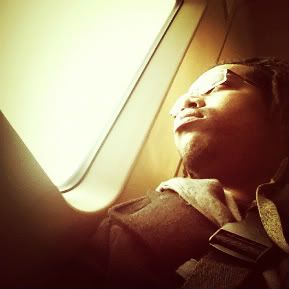On Feb. 1, 1960, the Greensboro Four, as they would later be called, felt isolated and alone as they sat at that whites-only lunch counter at the Woolworth Store on South Elm Street.
They were seeking more than what they ordered — sodas, coffee, doughnuts. They were attacking the social order of the time. The unwritten rules of society required black people to stay out of white-owned restaurants, to use only designated drinking fountains and restrooms, to sit in the rear of Greensboro city buses, in a separate balcony at the Center Theatre and in segregated bleachers during sports events at War Memorial Stadium.
The four black youths — Franklin McCain, Joseph McNeil, Ezell Blair Jr. and David Richmond, all still teenagers and all freshmen on academic scholarships at N.C. A&T State University — had entered the unknown. McCain, who grew up in Washington and spent one year attending Greensboro's Dudley High School, says he expected to be arrested, beaten to a pulp or worse.
All four would emerge unscathed and eventually be recognized as heroes of the civil rights movement.
They were persistent. In the days after Feb. 1, they would be joined by other students at the Woolworth counter and at the Kress 5 & 10 lunch counter a half-block away. Their protests inspired black people to do the same at Formica-topped dime-store counters in other cities. The movement they started led to the integration of the Woolworth and the Kress chains, landmarks on every main street in the South.They were seeking more than what they ordered — sodas, coffee, doughnuts. They were attacking the social order of the time. The unwritten rules of society required black people to stay out of white-owned restaurants, to use only designated drinking fountains and restrooms, to sit in the rear of Greensboro city buses, in a separate balcony at the Center Theatre and in segregated bleachers during sports events at War Memorial Stadium.
The four black youths — Franklin McCain, Joseph McNeil, Ezell Blair Jr. and David Richmond, all still teenagers and all freshmen on academic scholarships at N.C. A&T State University — had entered the unknown. McCain, who grew up in Washington and spent one year attending Greensboro's Dudley High School, says he expected to be arrested, beaten to a pulp or worse.
All four would emerge unscathed and eventually be recognized as heroes of the civil rights movement.
In the months that followed, more sit-ins began to spread throughout the South at many segregated stores, most of them peaceful and ending with positive results. The Greensboro Woolworth store desegregated its lunch counter on July 26, 1960, serving blacks and whites alike.


No comments:
Post a Comment